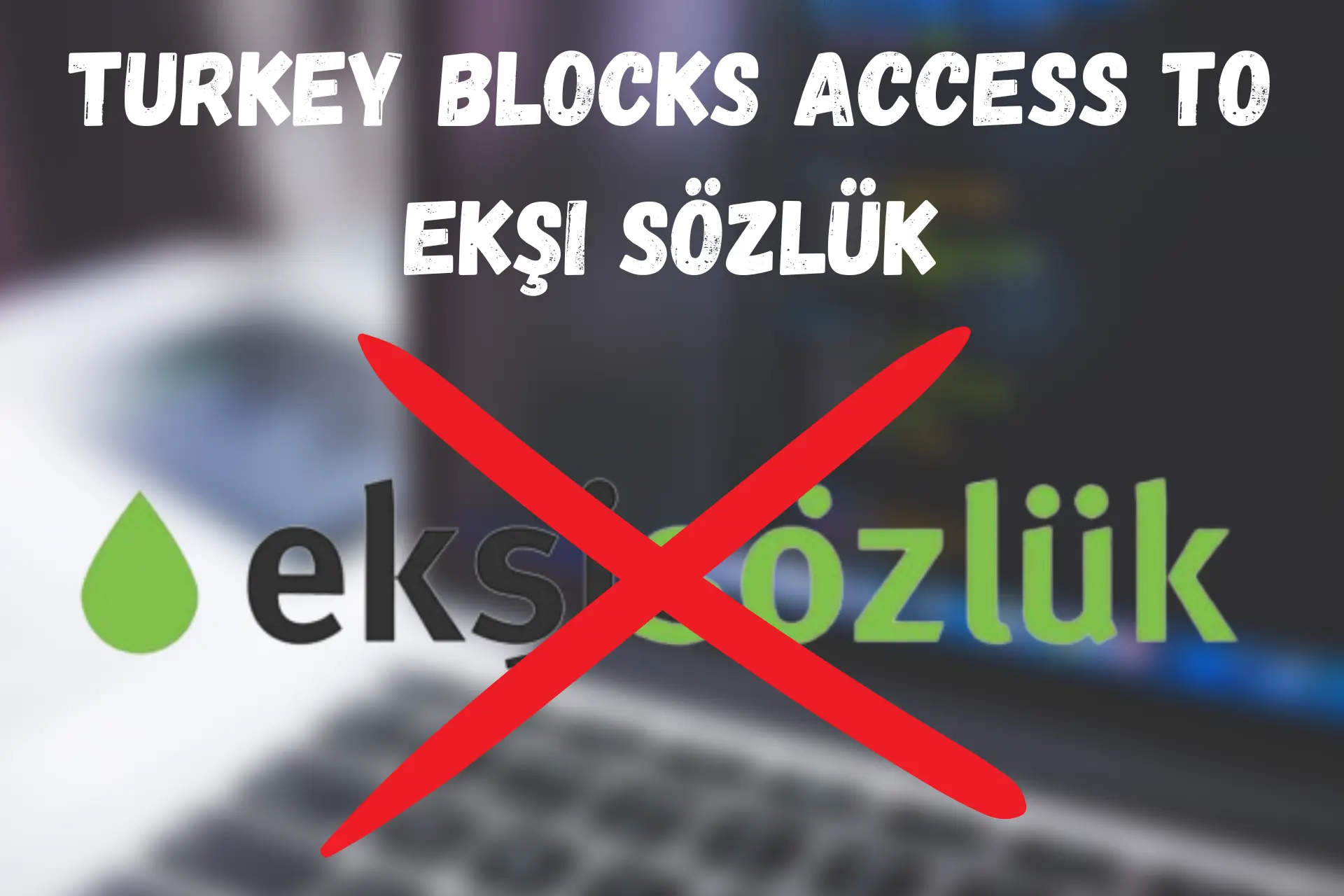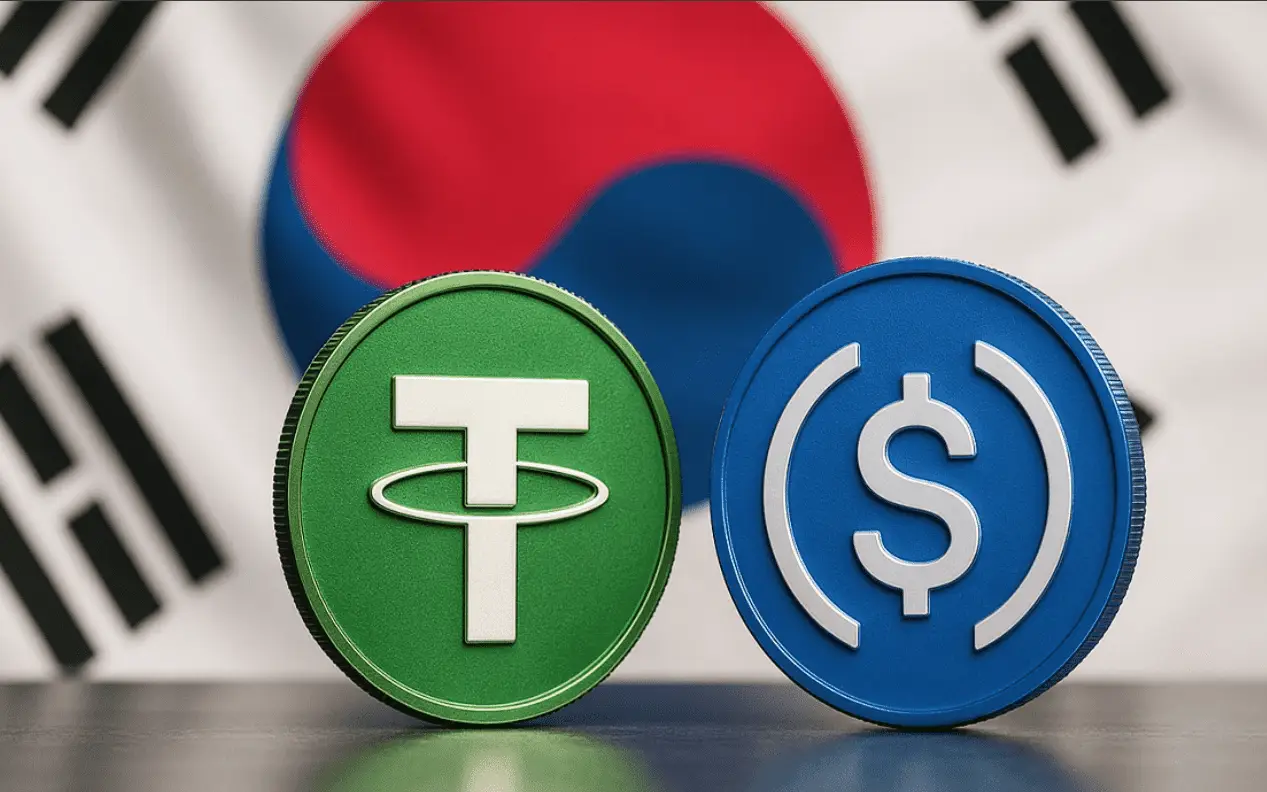Turkey Blocks Popular Online Debate Forum Eksi Sozluk

Turkey is continuing to block access to popular websites following a huge backlash over the government’s response to the recent earthquakes.
Now, the Turkish Information and Communication Technologies Authority (BTK) has blocked access to the popular online debate forum Ekşi Sözlük.
The website, whose name translates to Sour Dictionary, isn’t an actual dictionary but a place where users can leave comments on various topics.
The site has over 400,000 registered users, and it emerged as a popular destination for discussing the government’s efforts to help those hurt by the quakes.
The CEO of Ekşi Sözlük, Başak Purut, has said that he and his team were unable to get any response from BTK over the move. He added that they don’t know why the authorities would do it.
Purut also said that there were previous requests to remove specific content, which the website always complied with.
Accessing Ekşi Sözlük
Since Tuesday evening, users in Turkey have to mask their location if they want to access the forum. Many of them turned to VPN services as they look to stay informed about the current situation.
They used the same strategy they had to employ right after the quakes when the government blocked access to Twitter. Many VPN providers reported massive usage spikes after the ban.
The leaders of the opposition called for people to use VPNs to stay on Twitter during the emergency situation.
The Twitter ban was met with fury, as many people used the platform to learn the whereabouts of their friends and family.
The country’s controversial “disinformation” legislation
Turkey’s censorship of social media has been increasing even before the earthquakes.
Earlier in 2022, the Parliament passed a new disinformation law that allows the authorities to stay in control over domestic journalism and social media.
The announcement of the new law sparked a record VPN demand and internet censorship circumvention query.
The new legislation gave the authorities the power to imprison users who “create fear and disturb public order.” What’s more, it didn’t provide guidelines for what constitutes such information.
People in Turkey have to turn to VPN services to access various sites in full and bypass various restrictions. This includes popular platforms such as Facebook and YouTube.
Read our disclosure page to find out how can you help VPNCentral sustain the editorial team Read more






User forum
0 messages